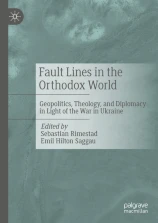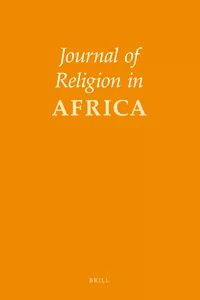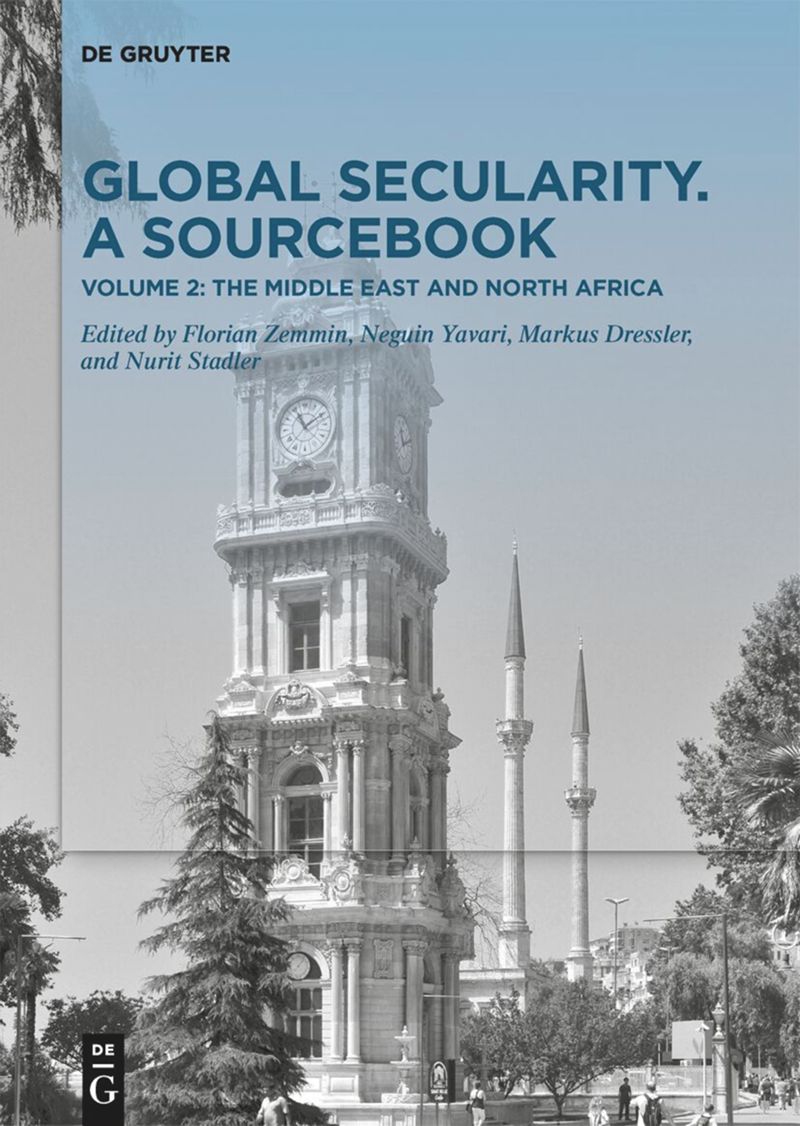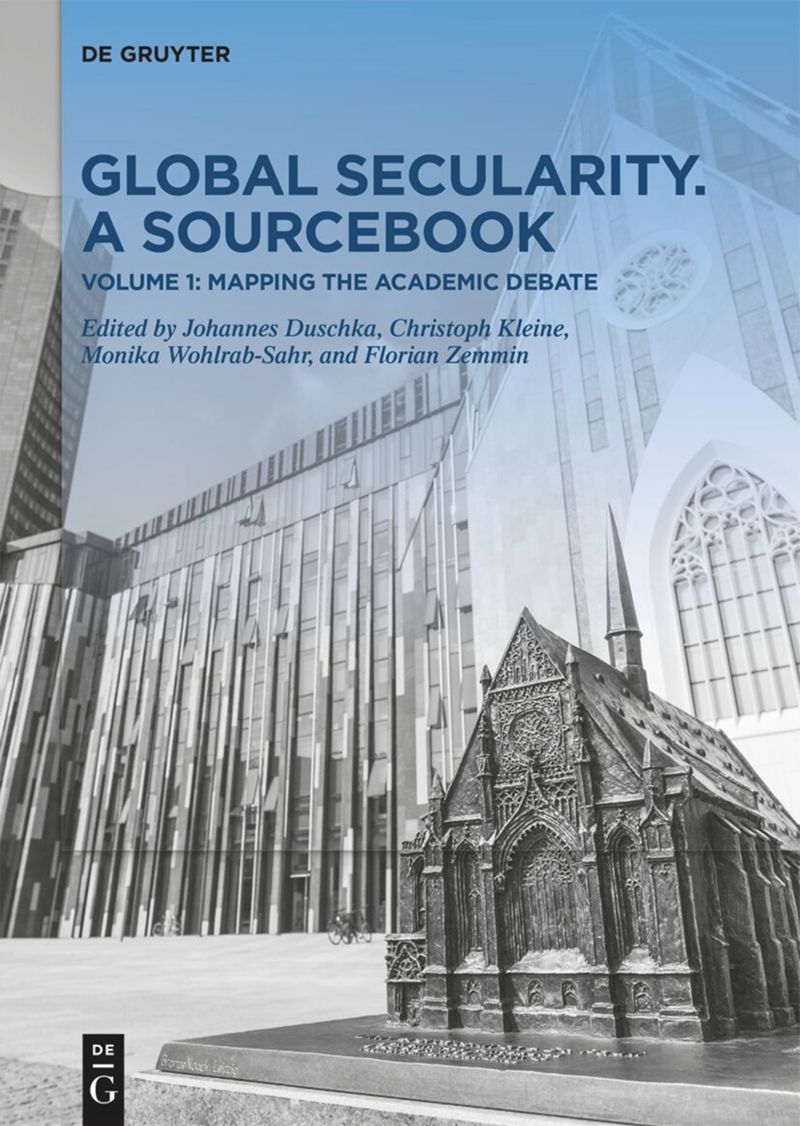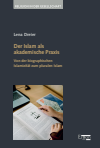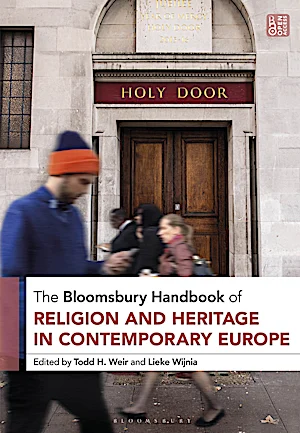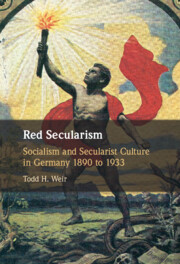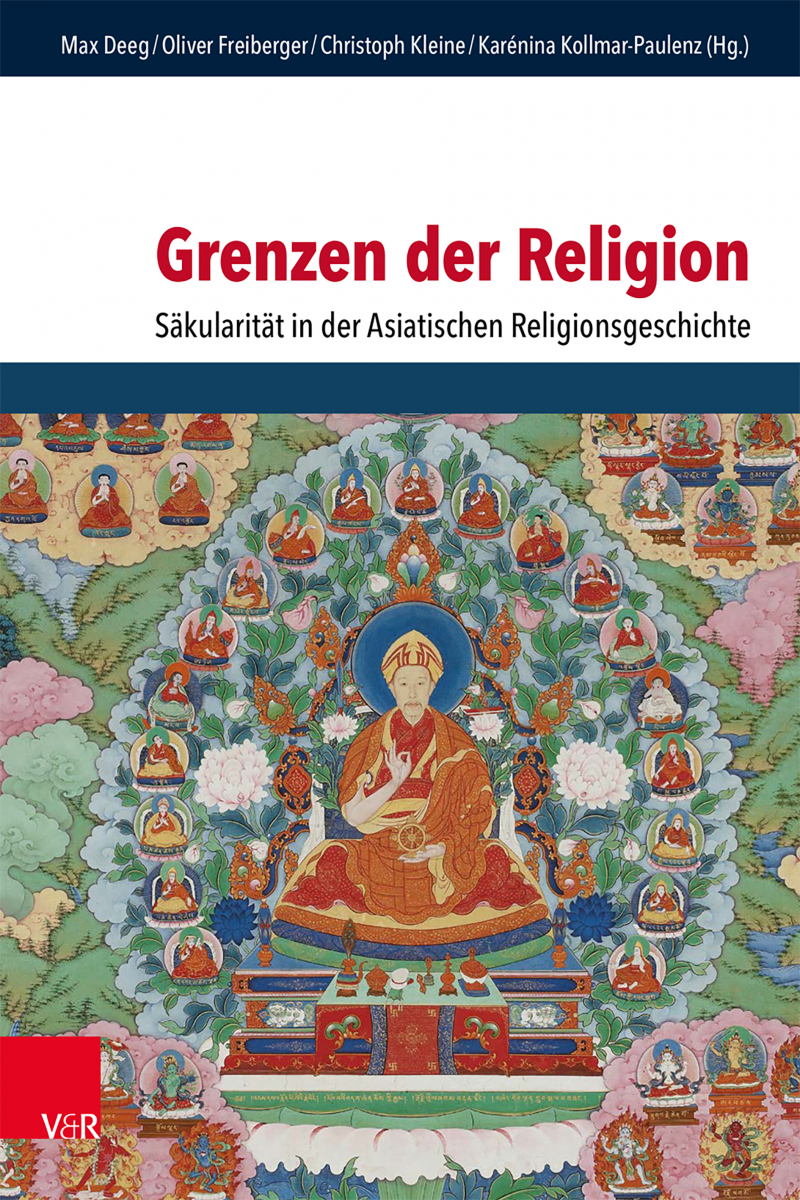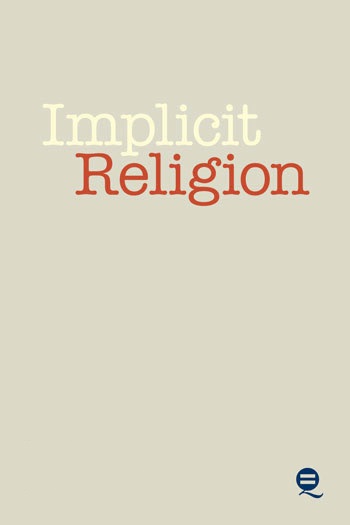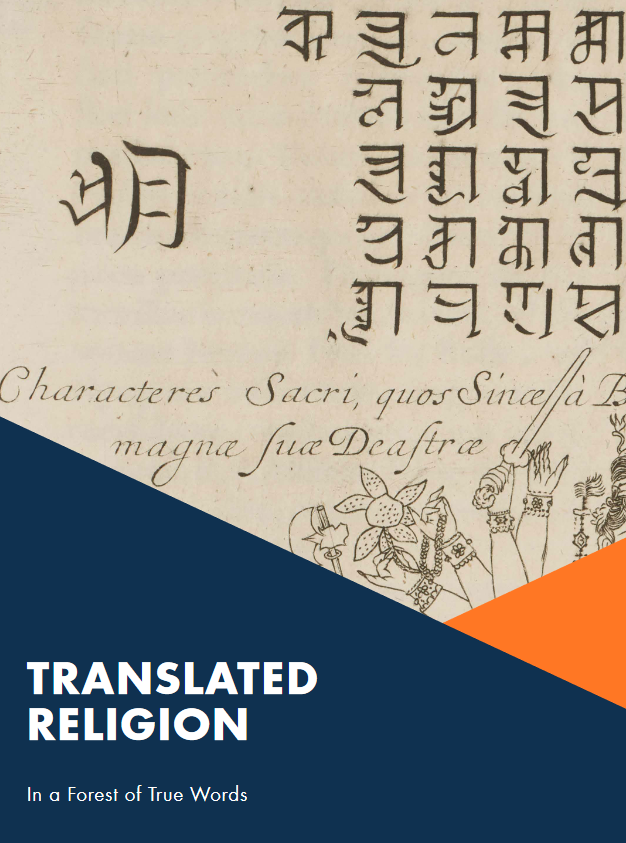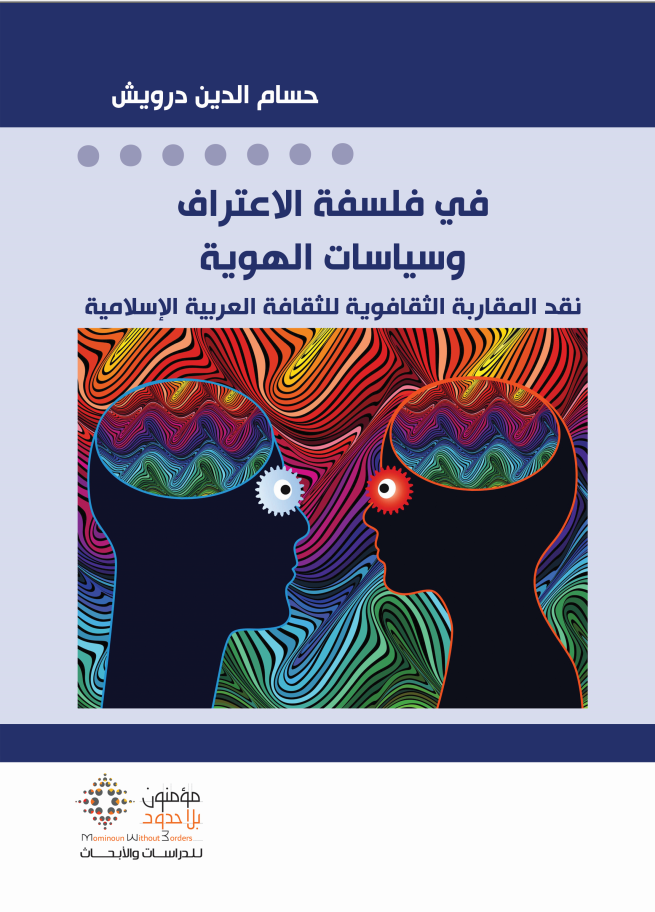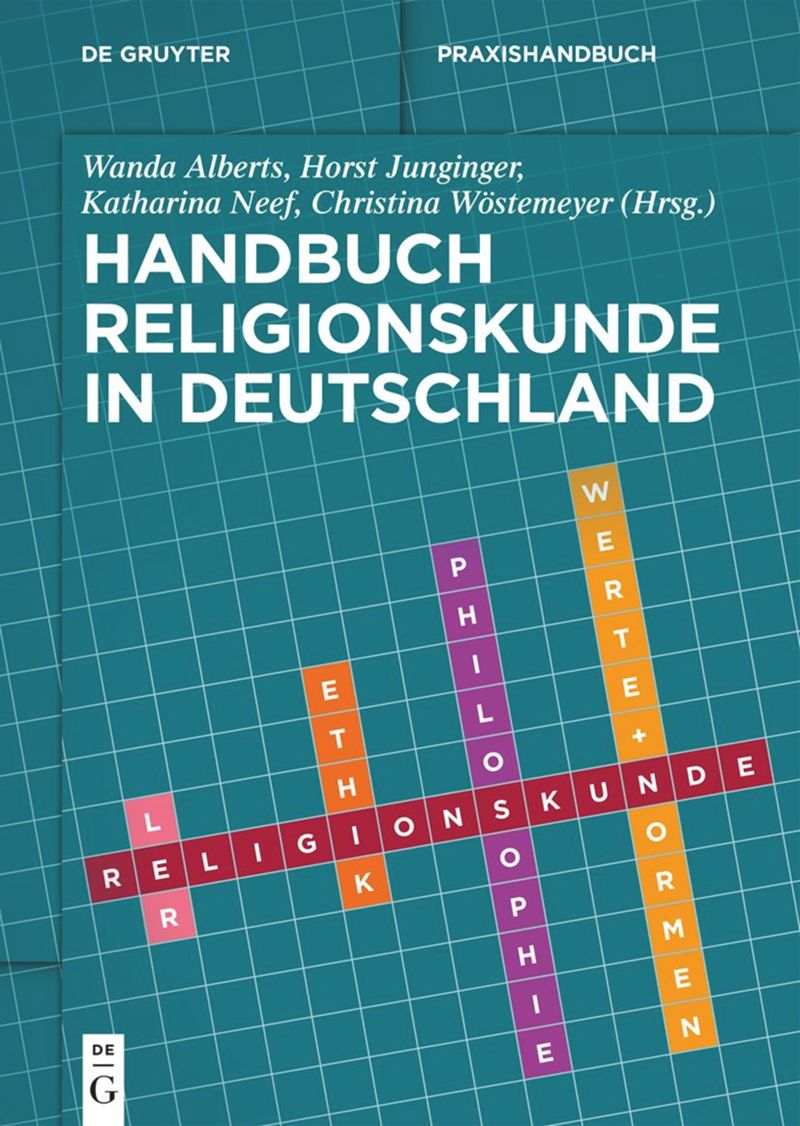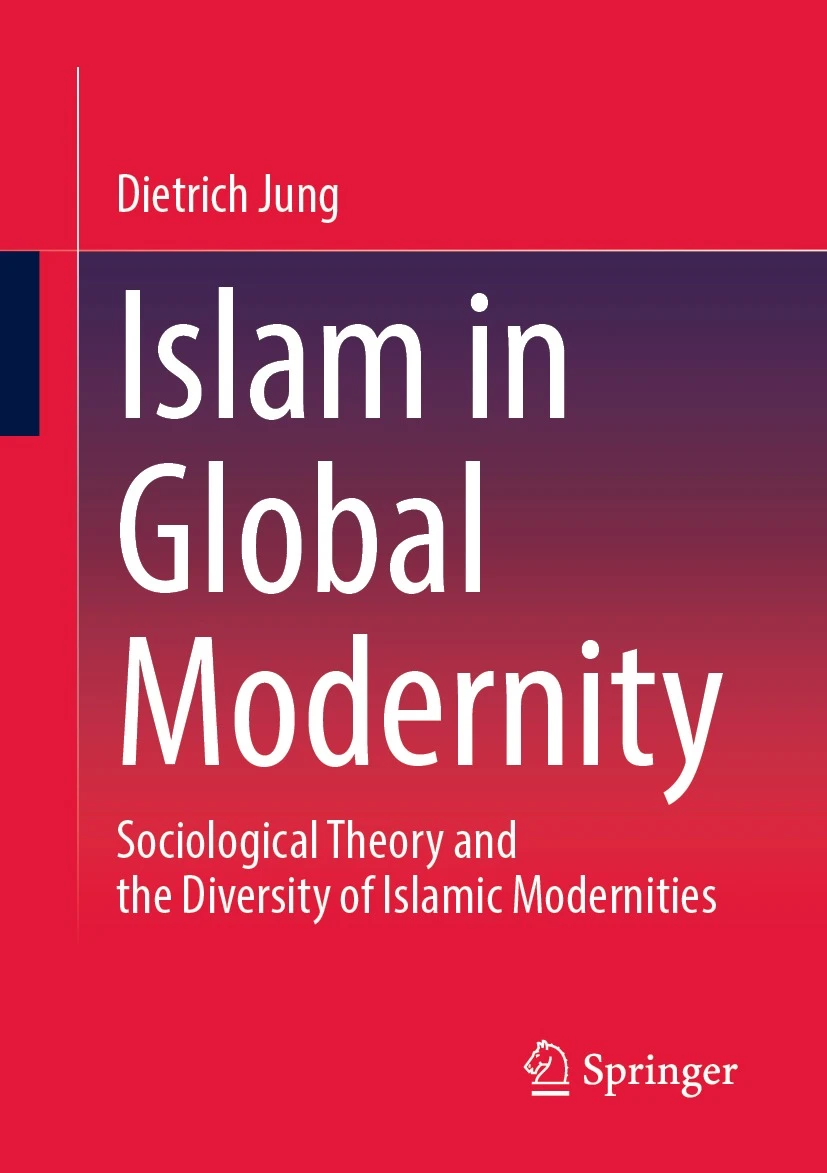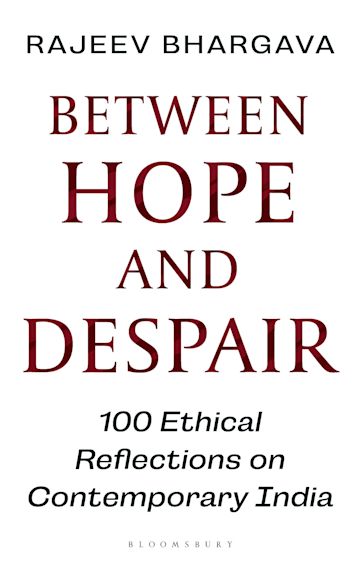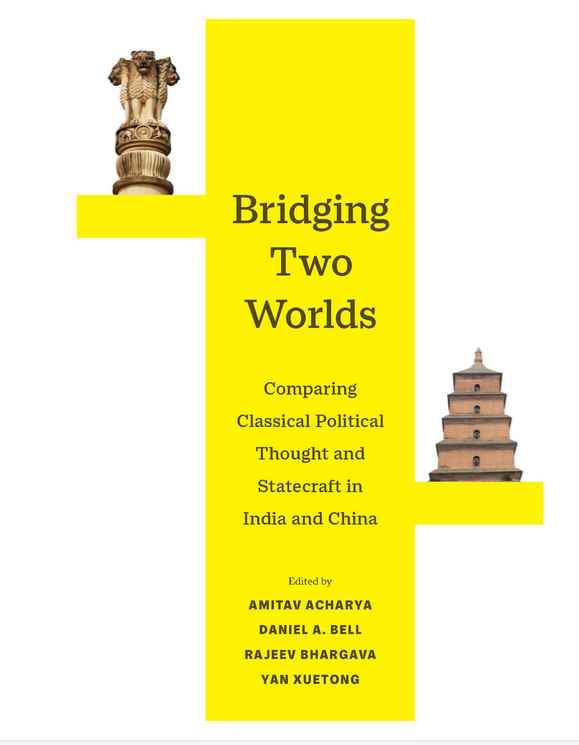Books
Here you will find an overview of the books published by the Centre for Advanced Studies in the Humanities and Social Sciences on "Multiple Secularities - Beyond the West, Beyond Modernities" and its members on various forms of secularity.
The work in the research group is characterised by collaborative formats such as workshops and conferences, the results of which are published in the form of special issues and edited volumes and can also be found here.
Use the search box below to search through all titles and abstracts and find titles that are relevant to you more quickly.
page 1 from 5 next »
page 1 from 5 next »
page 1 from 5 next »


